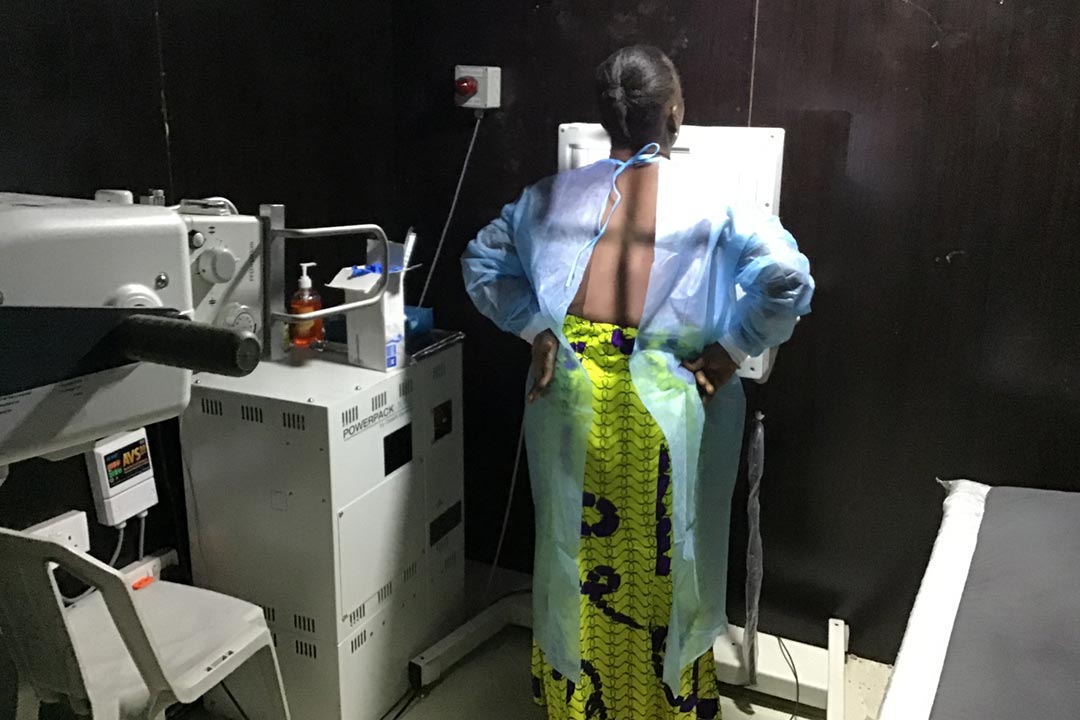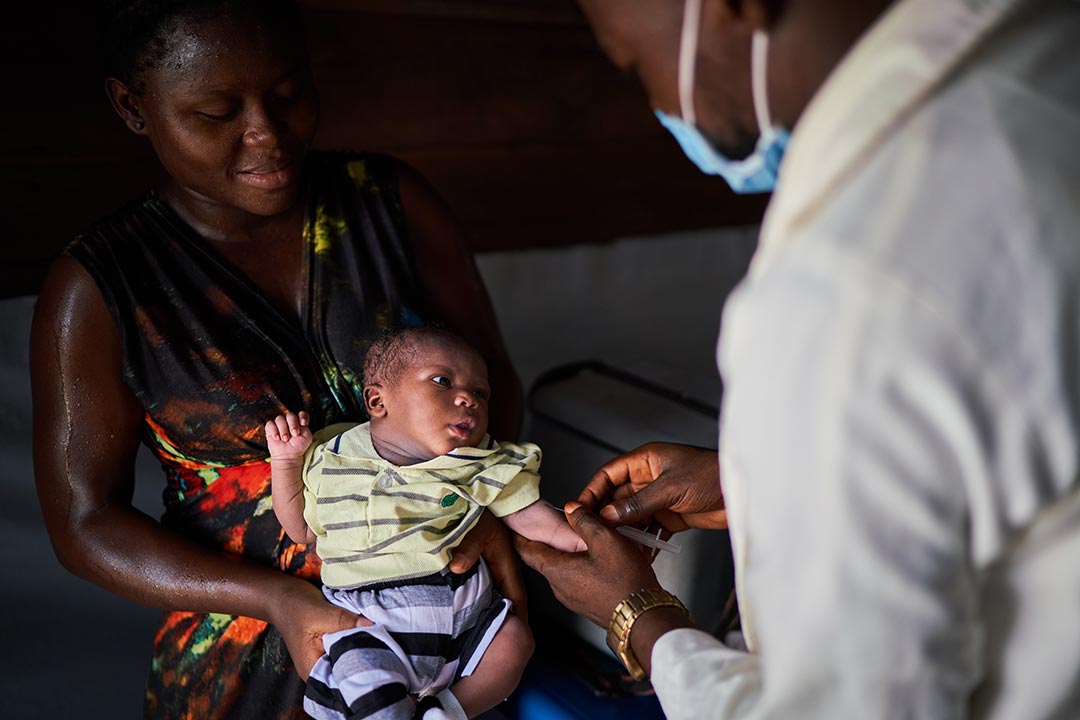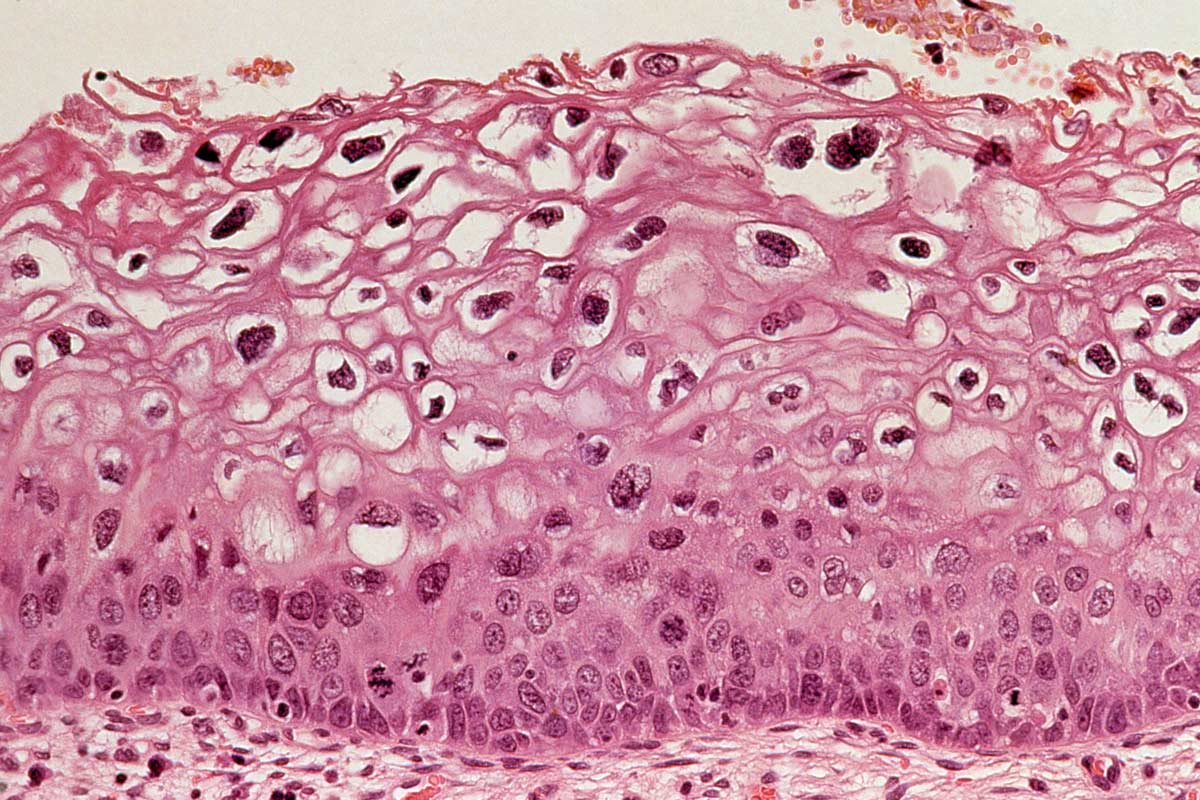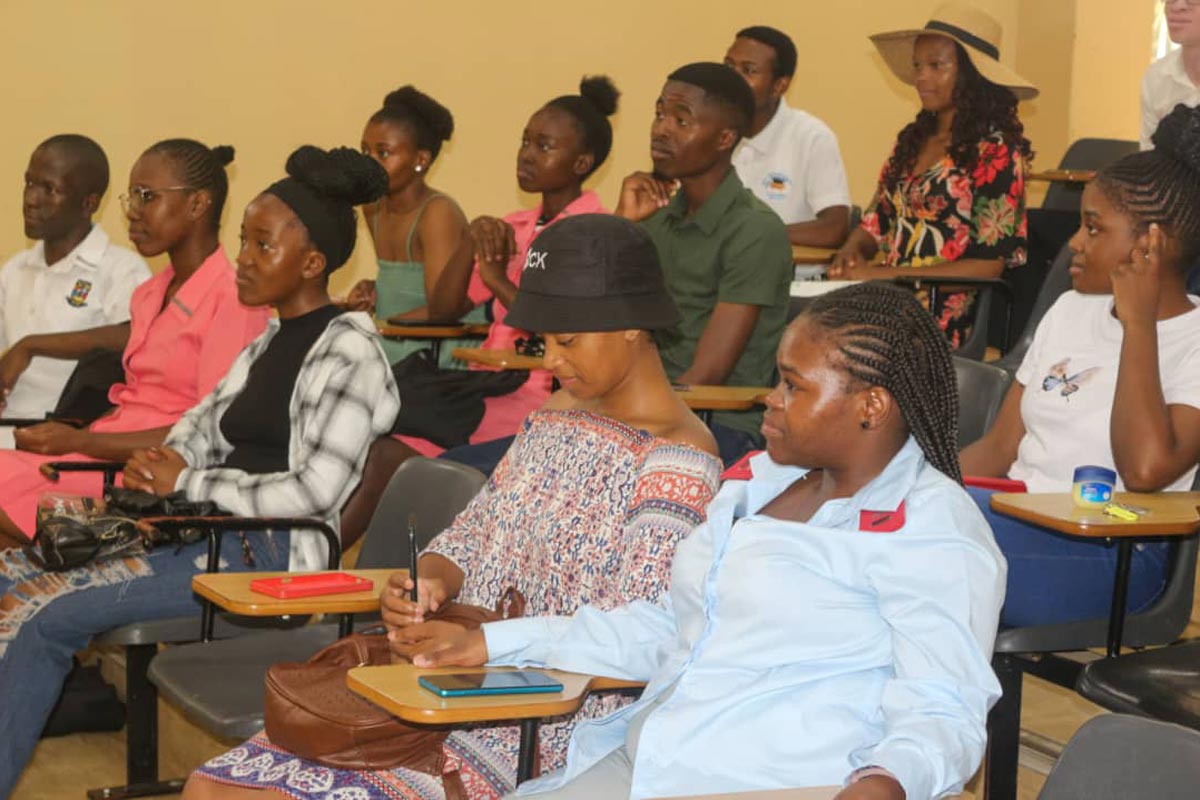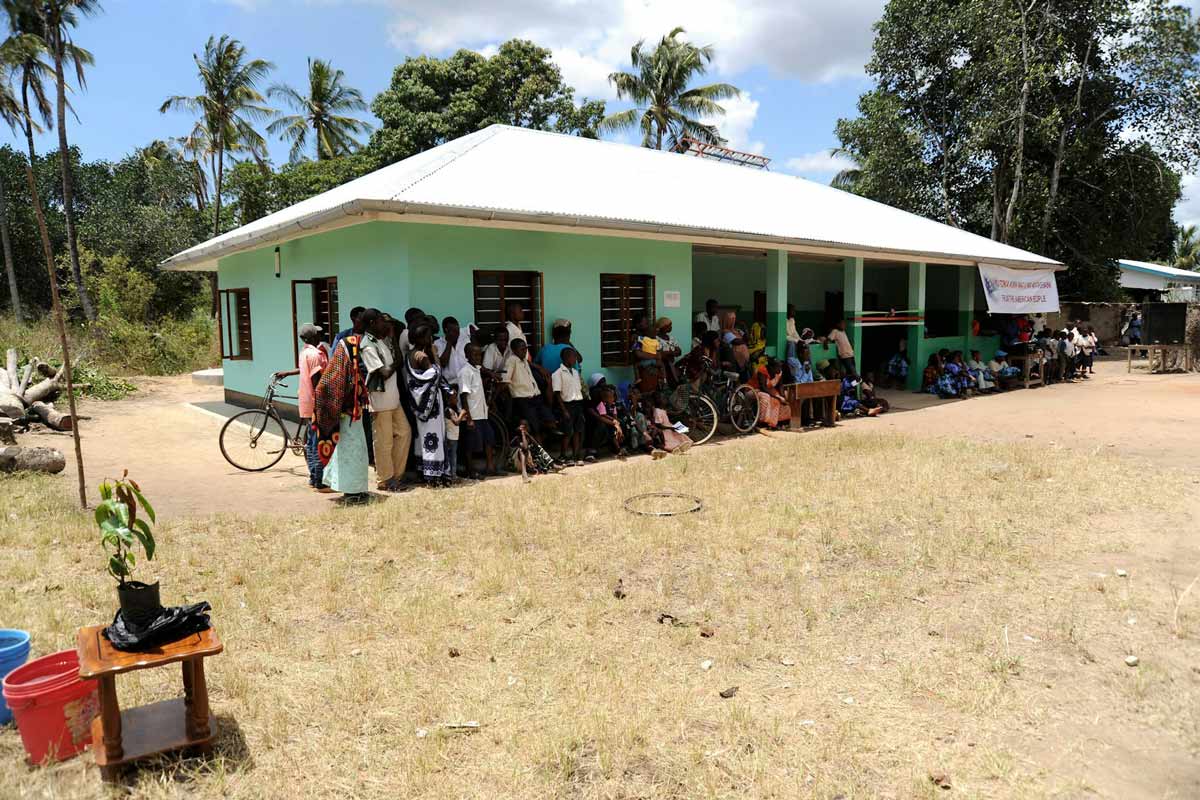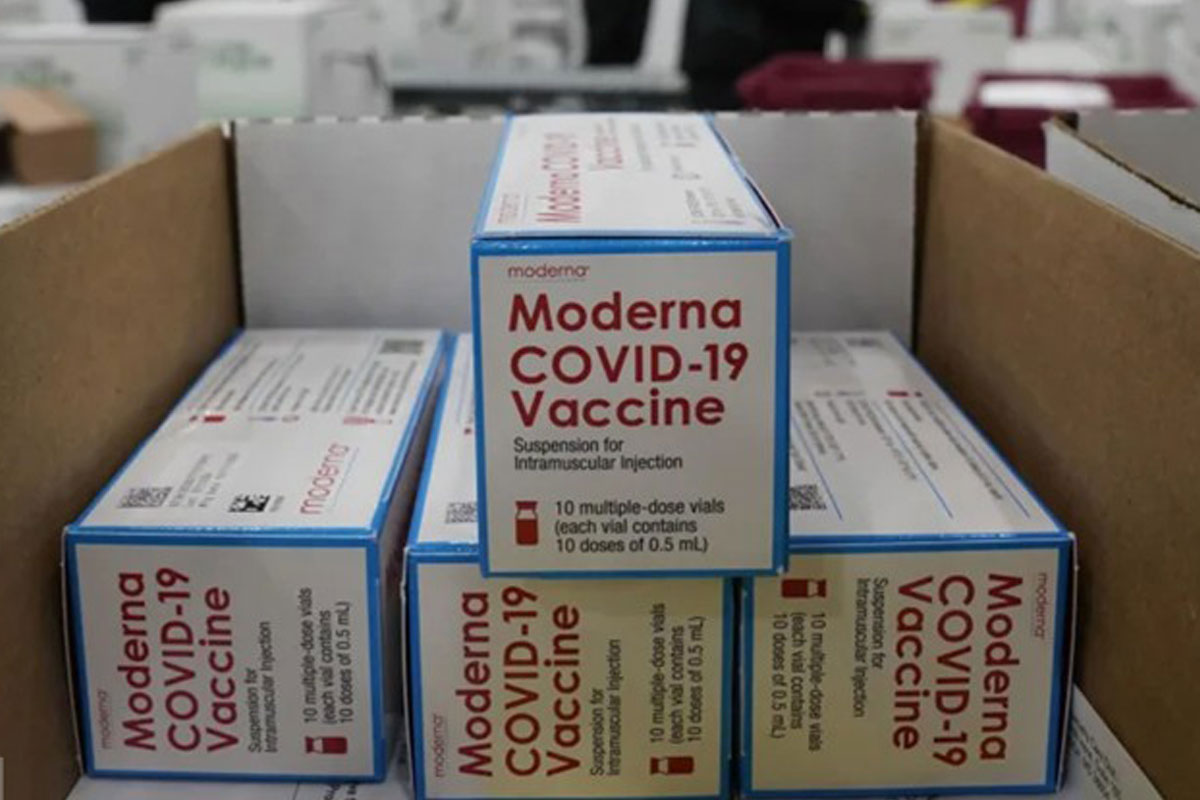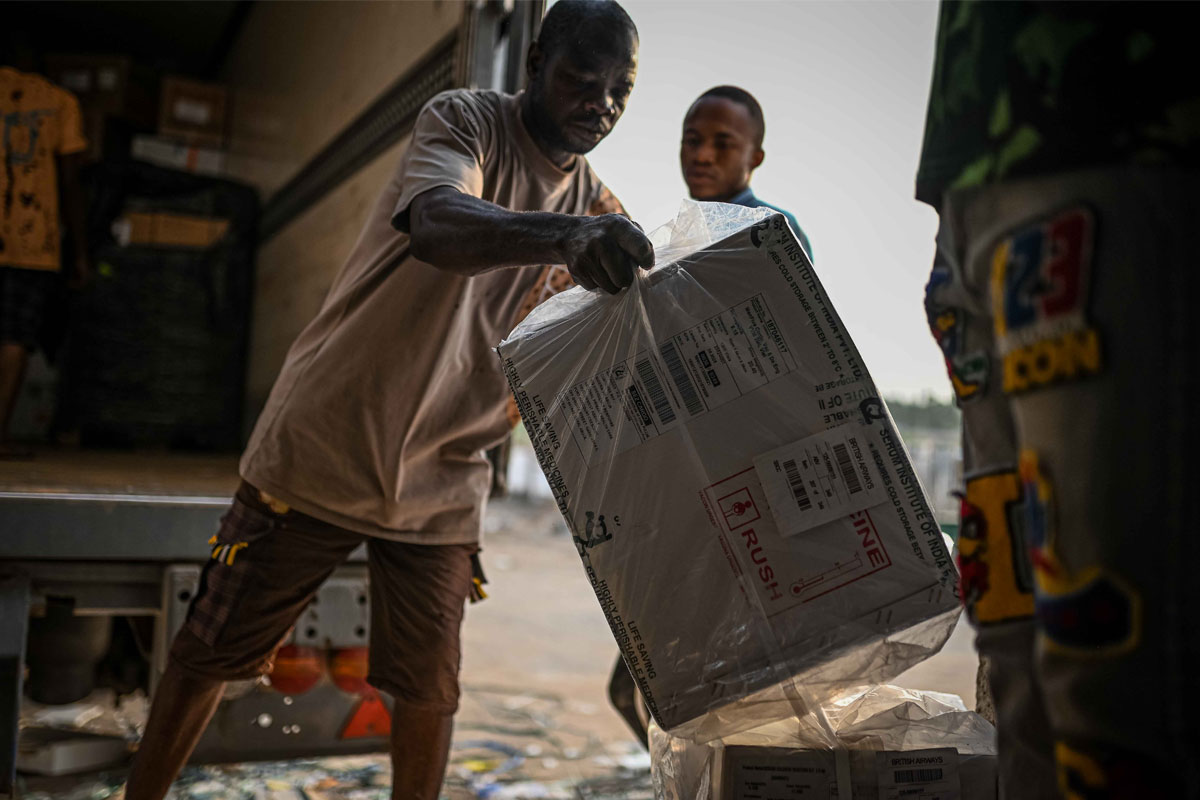“Doctors care, God heals”: Why chaplains could help save Nigerians from cancer
Myths and misconceptions number among the many risk factors swelling Nigeria’s cancer numbers. A new study suggests that chaplains – spiritual figures embedded in secular institutions, like hospitals – could be a balm.
- 21 September 2023
- 6 min read
- by Chioma Obinna
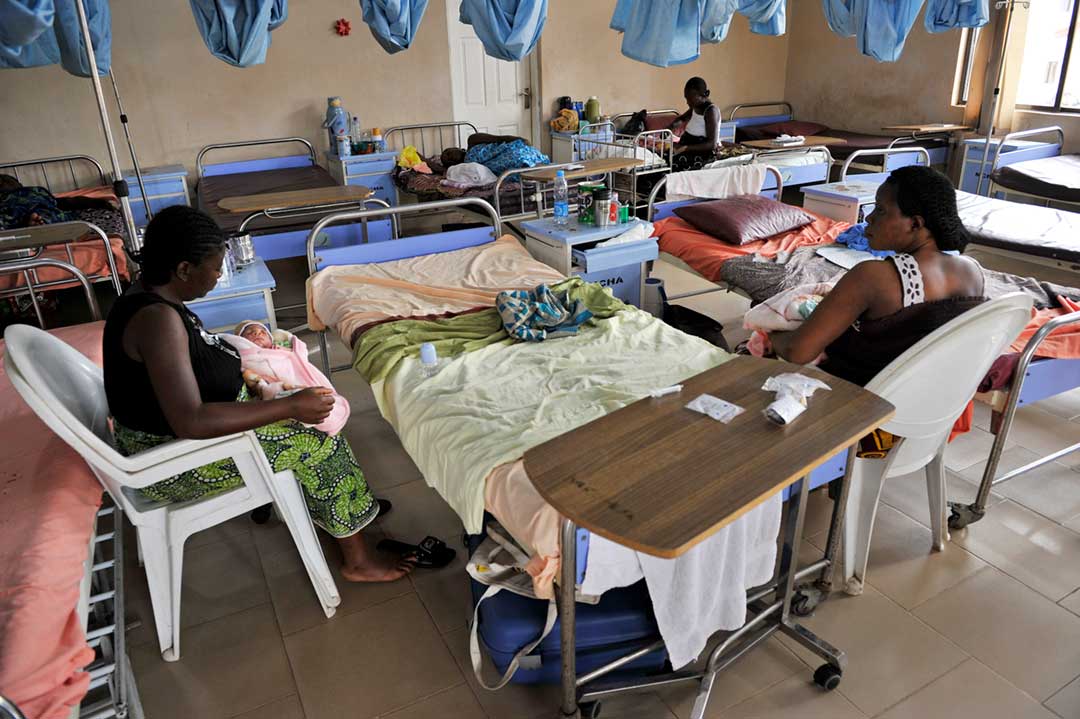
A new research paper from Nigeria argues that chaplains can play a critical role in the health system, helping to dispel dangerous cancer myths – such as those that can discourage HPV vaccination and timely cervical cancer screening – and improve health outcomes.
Rising cancer burden
The review article, published in the journal Health Science Reports, establishes itself against a grim backdrop: rates of cancer, and rates of death from cancer, the authors write, have been rising alarmingly in the country.
"A diagnosis of cancer in Nigeria remains a death sentence [in part] due to various myths and misconceptions among the people."
– Dr Kehinde K Kanmodi, study co-author
Some 100,000 new cancer cases and over 70,000 cancer deaths occur annually. Still, it has received low public health priority. Currently, one of the most prominent cancers diagnosed among Nigerian women is cervical cancer. Every year, not less than 7,968 Nigerian women die from cervical cancer, according to statistics from the ICO/IARC Information Centre on HPV and Cancer in Nigeria. That's despite the disease being almost totally preventable with the HPV vaccine, which will be launched as part of Nigeria's routine immunisation programme next month.
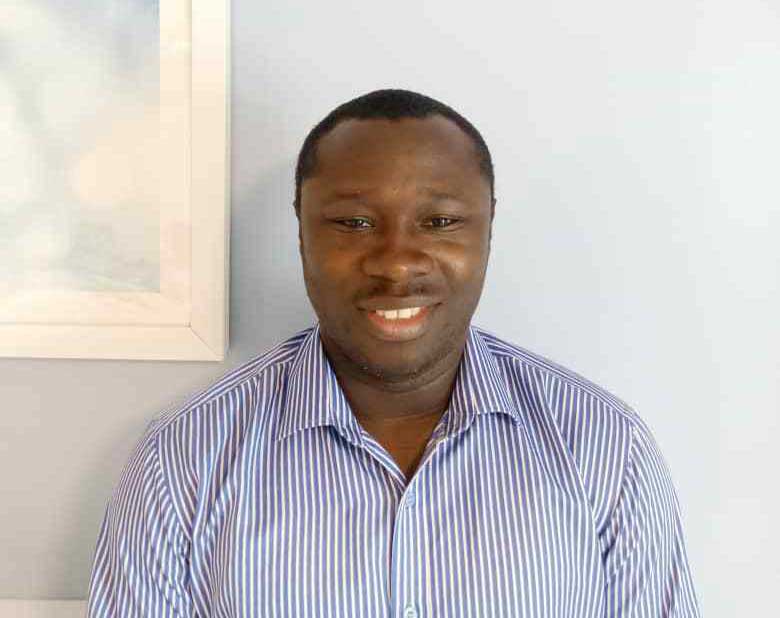
Credit: Chioma Obinna
"A diagnosis of cancer in Nigeria remains a death sentence [in part] due to various myths and misconceptions among the people," said Dr Kehinde Kanmodi, Executive Director of Cephas Health Research Initiative Inc. and a co-author of the study.
As the study makes clear, those myths and misconceptions can have a major impact on health-seeking behaviours and decision-making, translating to bad health outcomes. For instance, the conviction that cervical cancer is associated with promiscuity can mean women forego screening or preventive immunisation, believing themselves to be safe, or otherwise seeking to avoid stigma.
Senior study author Professor Jimoh Amzat, who is the Head of Department for Sociology at Usmanu Danfodiyo University, Sokoto, says, "Nigerian society, and by extension, Africa in general, is highly religious and believes so much in God. Sometimes [those beliefs are] not in line with biomedical norms. Mystical and supernatural causes are embedded in the country's culture and religion. This is well entrenched in health beliefs relating to cancer in Nigeria.
"Some people think that cancers are a form of arrow from the devil or mystical forces or specific supernatural causes. Instead of going to the hospital, they continue praying at home, seeking spiritual interventions. That is why most of the cases reported to the healthcare centres are usually at the late stage."
– Prof. Jimoh Amzat, study co-author
"Some people think that cancers are a form of arrow from the devil or mystical forces or specific supernatural causes. Instead of going to the hospital, they continue praying at home, seeking spiritual interventions. That is why most of the cases reported to the healthcare centres are usually at the late stage."
Enter the chaplains?
"This also delays the care process, which is why the chaplains become important stakeholders in the care process," Amzat says. "At least they understand that there are issues beyond just praying that require certain actions or care. They could serve as a referral network or dispel myths so that patients could get timely and adequate care."
In the study, chaplains are defined as trained ministers, priests, imams, or representatives of religion who are attached to secular organisations – like the military, hospitals, prisons or schools. Their potential as valuable interlocutors in health care settings is compelling, the authors conclude – but "Chaplain practices [are] non-existent in most Nigerian hospitals, and only the church-owned hospitals provide some form of pastoral care services or spiritual care through visitation and offer of prayers to patients."
Have you read?
That ought to change, they conclude. Says Kanmodi: "Cancer should not kill if there is an appropriate social response. This is a major concern that makes us ask, why must people die because of misconceptions?"
Enshrining spiritual sensitivity in health care
The lead author, Dr Afeez A. Salami, a resident doctor in the Department of Oral and Maxillofacial Surgery at UCH, emphasises the need for Nigeria to draft black-and-white policies incorporating chaplaincy into hospital care on a systemic level.
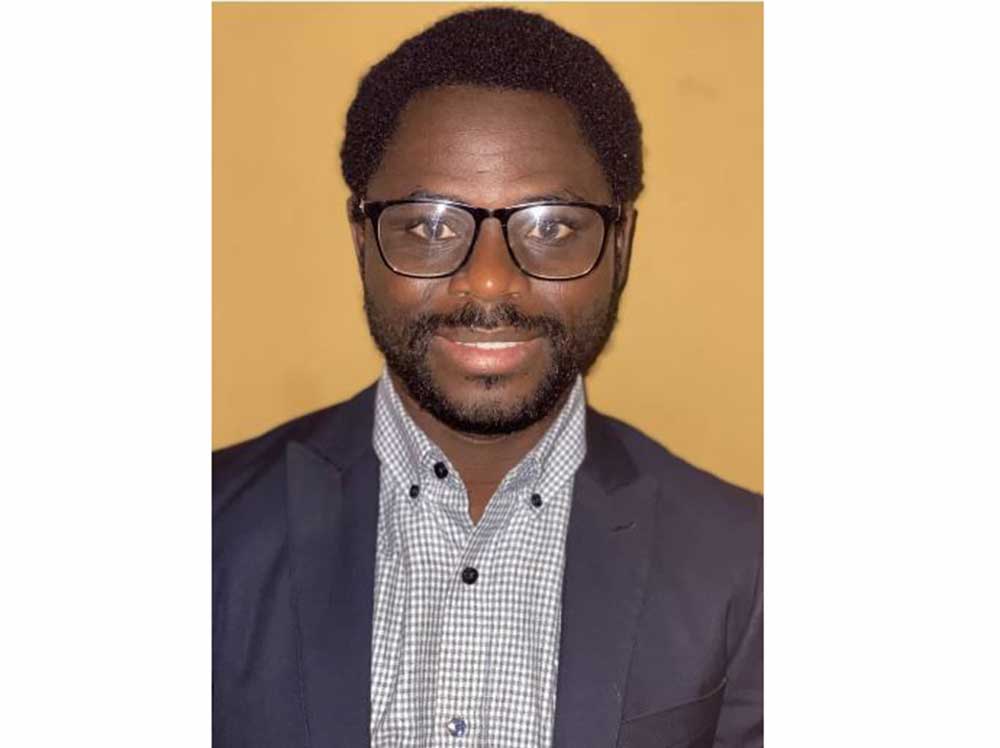
Credit: Chioma Obinna
"While we were writing, one of the memorable things we witnessed was a patient with cancer who came to the hospital and said it was not God's plan for her. She insisted that the fact that she has cancer is not for her, because she does not drink or smoke. Once it is genetic, patients look at it as spiritual. Some patients believe that cancer will go away without treatment. No matter how hard you try to investigate, you can never convince them. This is why we need chaplain practice in Nigeria," he explains.
"The chaplain's curriculum is deficient in diseases, while on the medical side, the entire curriculum does not discuss spirituality; everything is evidence-based. [Curricula] should be developed to suit the contemporary needs around cancer."
– Dr Afeez A Salami, lead study author
Salami calls for a national curriculum review for both medical doctors and chaplains. "The chaplain's curriculum is deficient in diseases, while on the medical side, the entire curriculum does not discuss spirituality; everything is evidence-based. [Curricula] should be developed to suit the contemporary needs around cancer," he said.
"The myths surrounding cancer in Nigeria are high, most of which align with some forms of spiritual misconceptions. We think there is a need for clarity, education, and enlightenment in line with spiritual misconceptions of cancer, and the best person to do that should be the chaplain," he concludes.
Evangelising for health
Pastor Adewale Badaru of the Deeper Life Church, a member of the Chaplaincy Committee at University College Hospital in Ibadan, agrees that chaplains' involvement in cancer treatment is necessary for changing patients' perspectives.
For Badaru, human beings comprise the body, soul, and the spirit – all of which deserve care.
Narrating the case of a woman with cervical cancer admitted to the radiotherapy ward of UCH, he says: "She was at the end stage of life. After prayers and warnings, she was relieved. Sadly, she died. It was emotionally draining. Her case is one of several cases we deal with and one of the reasons we initiated chaplaincy at UCH."
"What we do is bring God’s word to patients, pray for them, and educate them on medical treatment. We let them know that medicine started in the Bible and that the power of God can heal. Doctors usually say they care, but God heals."
– Pastor Peter Oyesola, hospital evangelist
Lamenting the superstitions that circulate about cancer, Pastor Peter Oyesola, a hospital evangelist, has gone beyond praying for patients at the point of death to creating awareness of cancer and other diseases.
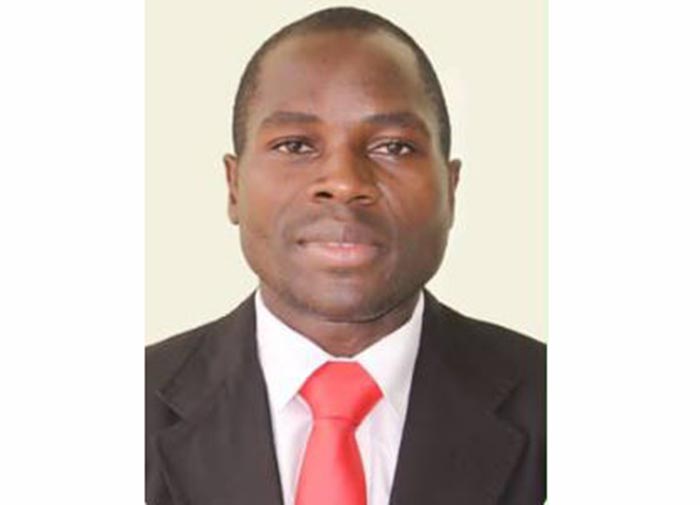
Credit: Chioma Obinna
Oyesola said the efforts of the few chaplains in hospital evangelism were paying off. According to him, his regular outreaches on cancer awareness and other diseases have encouraged more people to seek medical care. He said: "What we do is bring God's word to patients, pray for them, and educate them on medical treatment. We let them know that medicine started in the Bible and that the power of God can heal. Doctors usually say they care, but God heals."
"Patients we prayed for and supported spiritually have hope and expectations beyond this space. Some of them eventually came to terms with their diseases and hoped for the best," he said.
Badaru, who spoke from Mali while on a mission, decried a shortage of chaplains in Nigeria, lamenting that most pastors and other religious leaders providing psychosocial support for cancer patients get no support from the establishment. "It is self-motivated and self-supported."

